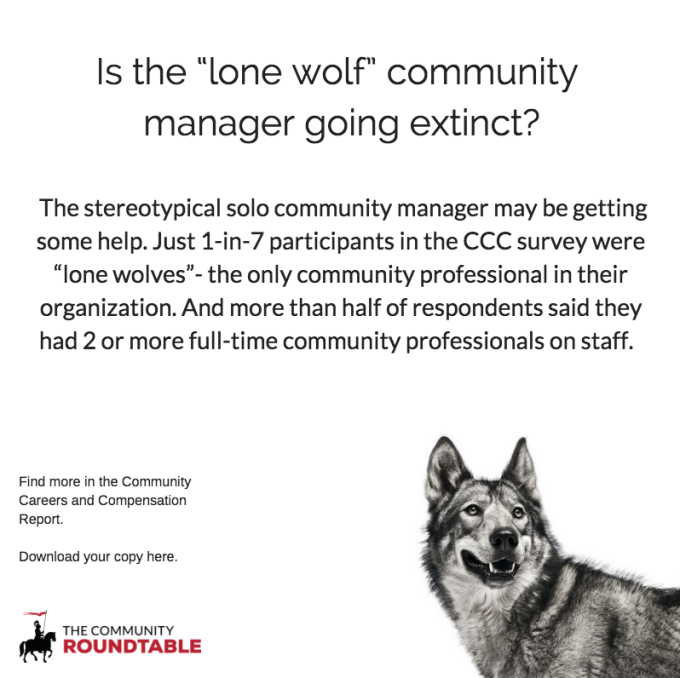
There is a good chance your online community is busier than ever. With millions of employees working that #suddentlyremote life, brands scrambling to handle service and support requests online, and a lot of people with free time on their hands, online community managers have a lot of work to do, and often the same (or fewer) resources than they did two months ago. A lot of online community managers are currently dealing with this pain point:
“I don’t have the budget to add new staff to my community team but I’m going crazy. Where should I prioritize my time to make sure my community continues to be effective?“
The good news is that communities with a community manager (that’s you!) are more effectively able to measure the value they create for their organizations. Use these three strategies to work smarter, and stay sane:
1. Evaluate your time
Track where you are spending your time for a week or two and then segment it into major categories – engagement, measurement, evangelism, etc. so you can see your current allocation. Are you spending a lot of time on a bucket that doesn’t provide a tangible impact?
2. Compare your priorities
Look at how community managers in the most mature communities prioritize their responsibilities – and where that differs from average communities.
Mature communities:
• Advocate for the community internally
• Build a community roadmap
• Coach executives
What can you prioritize to help you get the most out of the time and resources you have, and work to build your internal network of supporters?
3. Create a schedule
Putting out fires can eat up all of your time if you let it. Make sure it doesn’t by blocking your calendar so you can dedicate time to what is important – and make sure to protect that time.
Delegate what you can to community – SME’s, community advocates, and champions are all people who can help create value for community members while lightening your load at the same time. (This podcast has some great advice about using champion programs in your community.)
Our research also shows that regularly occurring programming helps members become more engaged and collaborative. Try using an editorial calendar to build out a cadence that works for you, and your community.
An unofficial fourth idea?
Hold space for the idea that growth happens in uncomfortable places. As an online community professional, you are in a unique position to help facilitate real, lasting change at your organization. It’s a big job, but I think you can do it. (And we’re here to help!)
Here are a few resources that might help:
- CMGR Self-Care – Advice for staying sane and avoiding burnout
- Conversations with Community Managers – These short (less than 30 minutes) episodes focus on the challenges community professionals have faced, and how they solved them.
- Online Community FAQs – Answers to our most commonly asked questions.


